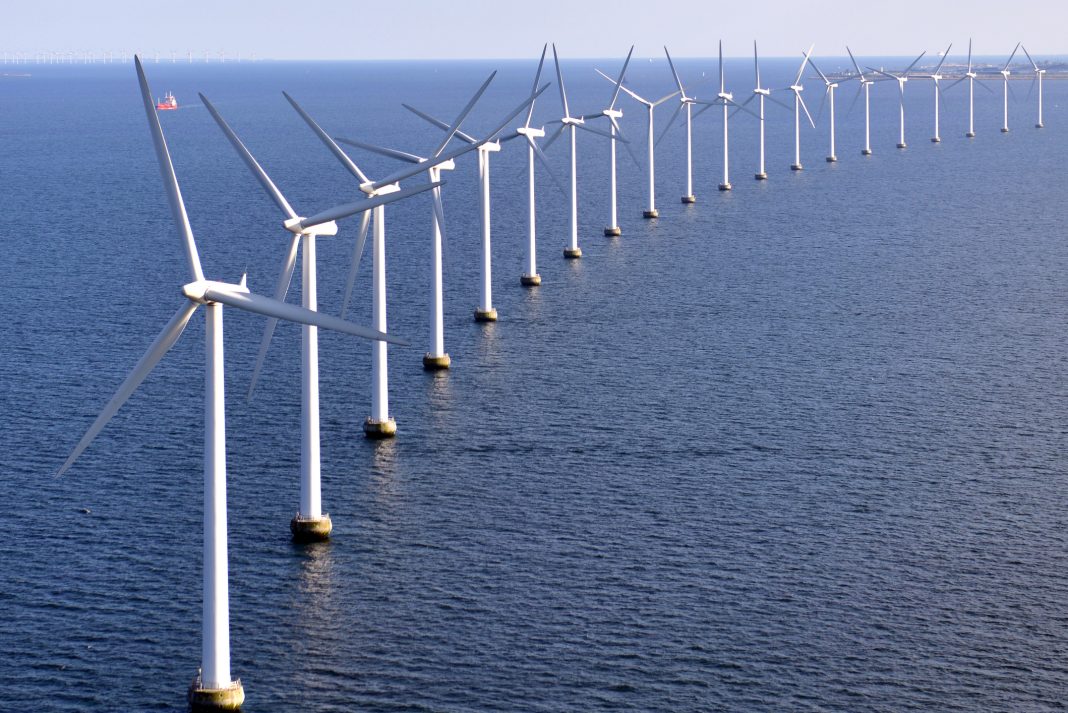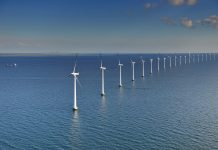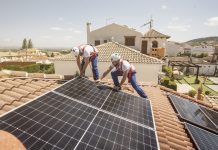Experts from GERICS explain what we need to know about coastal seas and their role towards the Net-Zero 2050 target. First, we learn how GERICS encourages a better understanding of future coasts and their role in Net-Zero pathways
COP26 in Glasgow once again highlighted the pressure on the global community to pursue and achieve ambitious climate targets. The current commitments of the COP Member States amount to global warming of 2.4 degrees Celsius compared to the pre-industrial level, which is significantly above the self-imposed target of not more than 2 degrees Celsius and, if possible, 1.5 degrees Celsius. The dramatic consequences of inaction are becoming increasingly clear, as demonstrated, among other things, by the extreme precipitation events in Germany during Summer 2021, with several hundred deaths and estimated damage of just over €26 billion or the extreme heat and drought events in Canada leading to crop losses of up to 90% in some areas.
To achieve the necessary ambitious climate targets, a profound societal transformation is required, consisting of many building blocks. These include technical innovations as well as behavioural changes in the population. Both are necessary and contribute to reducing emissions of climate-damaging gases such as carbon dioxide, methane or nitrous oxide. However, reducing emissions of these substances will no longer be enough to keep global warming below 1.5 degrees Celsius. Additional measures will be needed to remove substances already emitted from the atmosphere.
GERICS supports this path of societal transformation with contributions to two new research projects. Both research projects pursue innovative approaches to climate change mitigation in a marine context.
Manageability of marine carbon sinks
In addition to reducing CO2 by, for example, increasing energy efficiency in the building sector, implementing new mobility concepts or converting industrial production processes, carbon sinks also play a major role in reducing the impacts of climate change. In this context, it is not only important to look at land-based carbon sinks such as reforestation projects or peatland restoration. The marine context also provides sink potentials. The project Carbon Storage in German Coastal Seas – Stability, Vulnerability and Perspectives for Manageability (CARBOSTORE) aims to increase our understanding of the processes and potentials of marine carbon storage and provide information about this too (political) concerning decision-making processes.
In this project, the Climate Service Center Germany (GERICS) bridges the gap between science and practice. The observation data collected in measurement campaigns, for example, pollutant loads of specific matters such as phosphate or nitrate, are analysed by means of numerical models. However, the results obtained in this way are generally not yet usable by decision-makers outside the scientific community. To make these findings relevant for society, GERICS identifies relevant stakeholders, intensively engages with them to understand their decision-making processes and, on this basis, jointly develop suitable instruments for the transfer of scientific results to the stakeholders.
Also in this project, the opportunities provided by digitalisation are explored in this respect, as the opportunities and limits of augmented reality applications will be tested to support knowledge transfer. In this way, huge amounts of data can be presented very clearly by showing, how changing environmental conditions, for example, the increase or decrease of pollutants or changing water temperatures, influence the stability and vulnerability of marine carbon sinks. This would then allow deriving management options.
Green hydrogen as a building block of the German energy transition
In another project, the focus is on the production of green hydrogen where the necessary capacities of renewable energies are sufficiently available: in offshore wind farms. When testing new technologies, it is not only the technical, legal and economic framework conditions that have to be considered. Acceptance among the population in general and among those positively or negatively affected by new technology, in particular, plays a major role when implementing new technology.
In H2Mare, GERICS conducts an acceptance analysis for the deployment of a platform prototype for the offshore production of green hydrogen. In the acceptance analysis, stakeholders are involved in the process of introducing this new technology at an early stage via interviews, focus groups and other workshop formats to voice their concerns. In a joint dialogue, the concerns can then be systematically captured, assessed and, at best, considered in designing the platform prototype. In this way, early stakeholder involvement can significantly increase acceptance when introducing new technologies.
Multi-use concepts in coastal areas
These two topics illustrate the importance of marine areas for achieving (national) climate targets. At the same time, with the additional uses of marine spaces, questions of marine spatial planning and possible conflicts of use will have to be solved. In order to address the potential conflicts of use, area-based management approaches and multi-use concepts will play an increasingly important role in the future. Both projects also highlight the importance of including decision-makers and/or society at large in the transformative processes and building strong science-society networks.
These two activities, thus form important building blocks in the GERICS portfolio and complement the work of bidirectional knowledge transfer between science and society and the networking necessary for this. In addition, they represent important components in the stronger inter-connectedness of adapting to the new 2 degree lifestyle and the needed societal transformation processes lying ahead of us.
Please note: This is a commercial profile
© 2019. This work is licensed under CC-BY-NC-ND.











